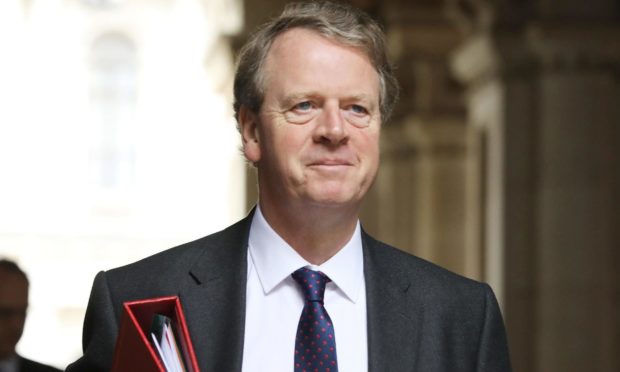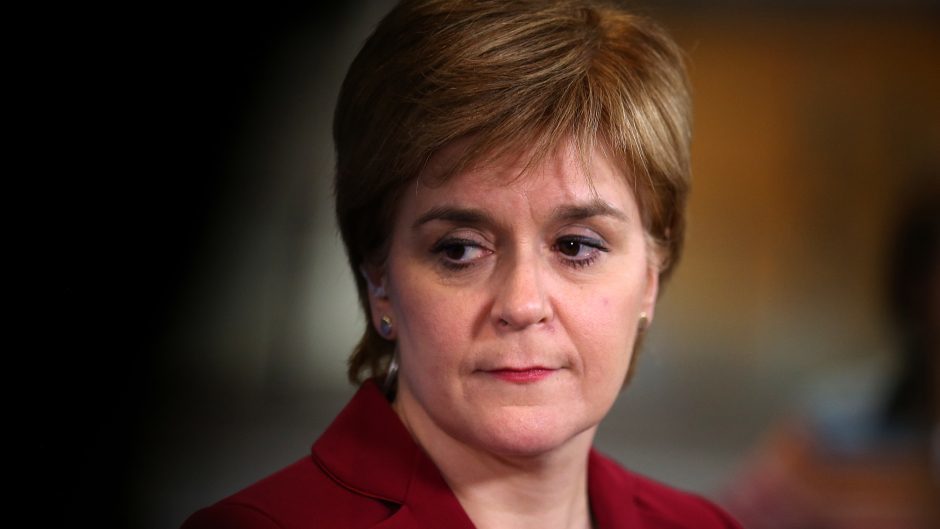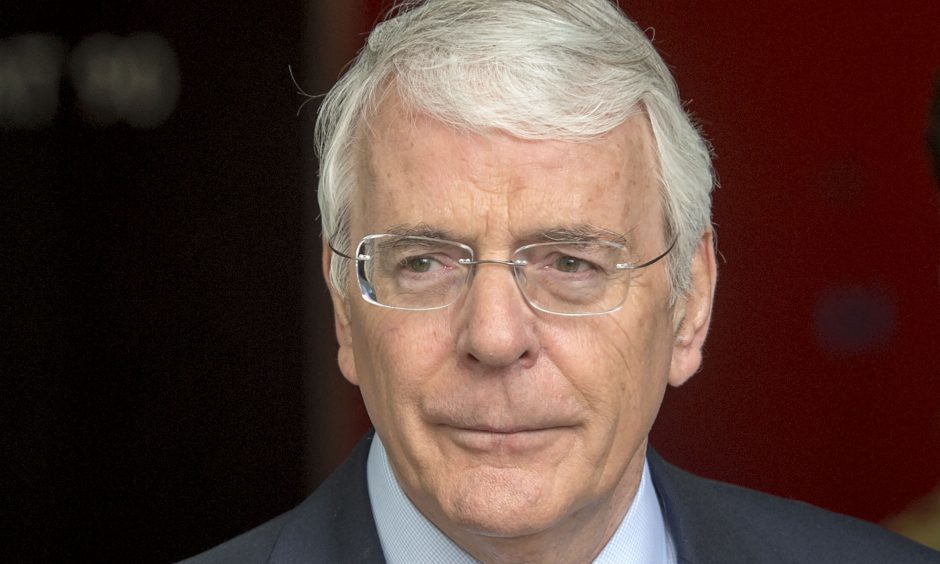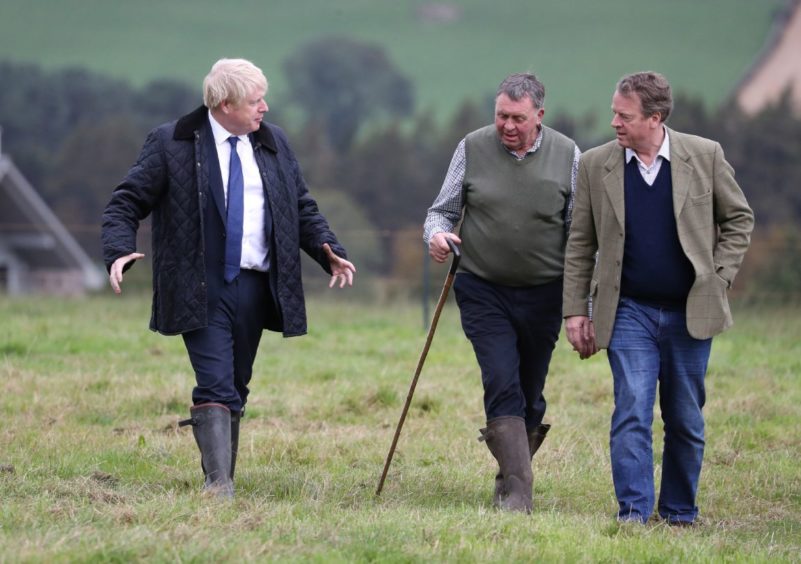Alister Jack has claimed he was being “jocular” when he suggested there should be no new independence referendum for 40 years regardless of the outcome of next year’s Holyrood elections.
The Scottish secretary drew the ire of Nicola Sturgeon and the SNP as he insisted Westminster would not transfer to the Scottish Parliament the powers necessary to hold a new vote because a “generation hasn’t passed” since the last one.
The first minister likened his comments to the behaviour of US president Donald Trump as she called on Scots not to “dignify this rubbish” because politicians who “rage against democracy don’t prevail”.
Mr Jack was asked about the reaction to his words and a proposal put forward by former prime minister Sir John Major for the independence issue to be put to two referenda at the Scotland Land & Estates (SLE) annual conference on Tuesday.
Sir John’s radical plan would see a new vote on the principle of independence and then a second on the final withdrawal deal agreed with Westminster, similar to the argument put forward by the People’s Vote campaign for Brexit last year.
In an apparent backtrack on his comments last week, Mr Jack said he now regarded 25 years as the minimum period to wait for a new vote based on the statement that the 2014 referendum was “once in generation”.

The Scottish secretary said: “On a generation, I said 25 years to (BBC journalist) Glenn Campbell and then he raised an eyebrow so I said to him, slightly jocularly: ‘Or 40 – but certainly not six and certainly not 10’.
“But 25 years, whenever I’ve looked at what a generation is, it seems to be between 25 and 30 years, and I’m settling on 25.
“Once in a generation was mentioned many times in the SNP’s White Paper for the independence referendum and that’s why I refer back to it.”
Mr Jack added: “As regards John Major, I read his speech. I don’t agree with him, you won’t be surprised to hear.
“I stand by a generation. I think we should focus on recovery from the Covid pandemic. We’re going to see, probably, a double-dip recession.
“There’s a huge amount of work to do to rebuild ourselves up to be the fifth-biggest economy in the world. We can get ourselves back up there. We need to be focused entirely on that, because that is all about jobs and livelihoods.”
This year’s SLE conference focused on the “unprecedented challenges” facing rural businesses over food standards and climate change, with the organiser warning Brexit should not distract from the global emergency.
SLE chairman Mark Tennant said serious choices lie ahead both for government and food producers as the clock ticks towards the EU trade deal deadline in January.
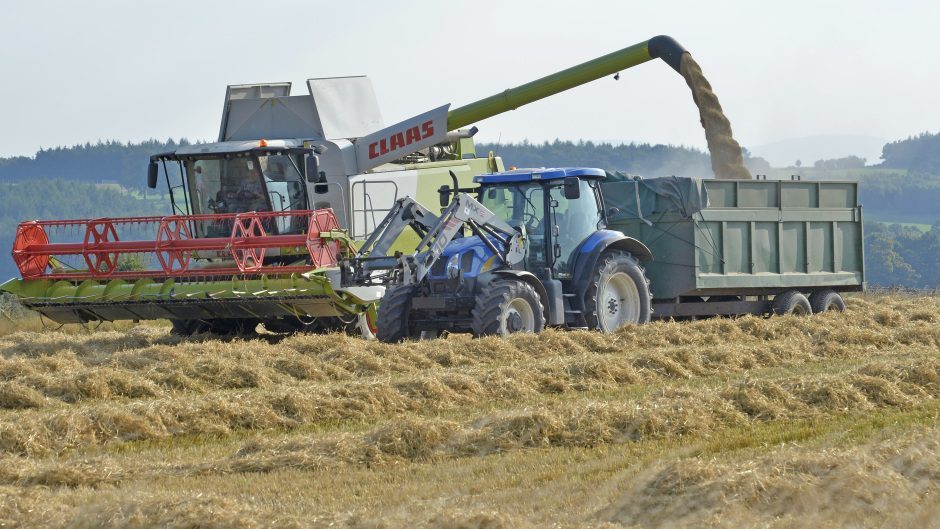
‘Rural economies have most to fear’
Mr Tennant insisted it was now incumbent on farming businesses and land managers to “go further and go faster” in their contributions to combating carbon emissions.
“Rural businesses are not immune from the difficulties of 2020,” he said.
“Indeed, our rural economies have most to fear through the uncertainty of Brexit and the worries of future export tariffs and substandard food imports – and that’s without considering the seismic consequences of the Covid-19 pandemic.
“Yet, as hard as these challenges are, we must not take our focus away from climate change – and it is incumbent on farmers, land managers and estates to continue to help Scotland meet its targets in this area.”
